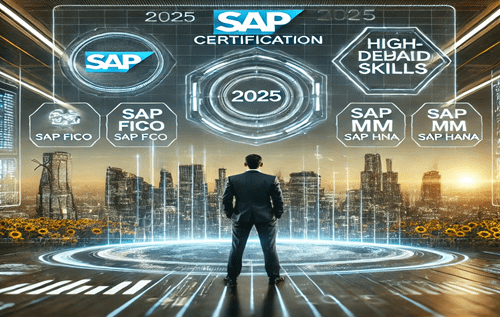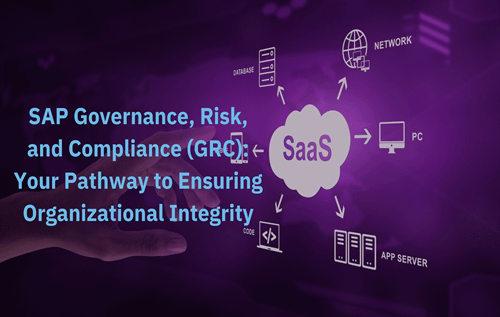How Can You Master Different Types of Interview Questions with Expert Preparation Tips?
Interviews can be daunting, especially for students and fresh graduates looking to secure their dream jobs. The thought of being assessed by seasoned professionals can make even the most confident candidates feel uneasy. But what if you had a roadmap to guide you through every type of interview question? In this article, we will break down the various types of interview questions and share expert tips to help you prepare effectively.
By the end of this guide, you’ll not only understand the purpose behind different questions but also feel more confident in crafting your responses.
Ready to Ace Your Next Interview? Start Preparing with Professional Training Today
Why Understanding Interview Questions Matters
Interviewers don’t ask questions randomly. Each question serves a purpose, from evaluating your technical skills to understanding your personality. To excel in an interview, you need to understand these intentions and tailor your responses accordingly. This knowledge sets you apart as a prepared and thoughtful candidate.
Master Different Types of Interview Questions and Tackle Them
Let’s dive into the main types of interview questions you may encounter and how to handle them like a pro.
1. Behavioral Questions
Behavioral questions assess how you’ve handled specific situations in the past. They usually start with phrases like, “Tell me about a time when…” or “Describe a situation where…”
Example: “Tell me about a time you worked in a team to achieve a goal.”
Expert Tip: Use the STAR method (Situation, Task, Action, Result) to structure your answers. This approach ensures your response is concise and impactful.
2. Situational Questions
Situational questions test how you would react to hypothetical scenarios. These questions reveal your problem-solving abilities and decision-making skills.
Example: “What would you do if you were given conflicting priorities by two managers?”
Expert Tip: Stay calm and logical. Explain your thought process and focus on solutions that align with organizational goals.
3. Technical Questions
For roles requiring specialized knowledge, technical questions evaluate your proficiency in specific tools, concepts, or processes.
Example: “Can you explain how SAP FICO integrates with other SAP modules?”
Expert Tip: Refresh your technical knowledge and be prepared to demonstrate your expertise with examples from your training or past projects.
4. Competency-Based Questions
These questions aim to assess your skills in areas like leadership, communication, or teamwork.
Example: “How do you handle conflicts within a team?”
Expert Tip: Provide real-life examples to showcase your abilities. Highlight the outcome and what you learned from the experience.
Boost Your Confidence and Master Interview Techniques – Explore Expert-Led Programs Now!”
5. Personal Questions
These questions focus on your personality, strengths, and motivations.
Example: “Why do you want to work for this company?”
Expert Tip: Research the company beforehand and align your answer with its values and goals. Show genuine enthusiasm for the role.
6. Stress Questions
Stress questions are designed to put you under pressure and test how you handle it.
Example: “Why should we hire you over someone more experienced?”
Expert Tip: Stay composed and confident. Use this opportunity to highlight your unique strengths and fresh perspective.
7. Creative Questions
Creative questions assess your ability to think outside the box.
Example: “If you were an animal, which one would you be and why?”
Expert Tip: Don’t overthink. Choose an answer that reflects your personality and relates to the role.
For
Struggling with Interview Questions?
Expert Tips to Ace Any Interview
- Research the Role and Company
Understanding the company’s mission, culture, and job requirements is crucial. Tailor your answers to reflect your alignment with their values. - Practice Common Questions
Prepare responses to frequently asked questions. Practice in front of a mirror or with a friend to refine your delivery. - Enhance Your Communication Skills
Clear and confident communication is key. Avoid jargon and keep your answers concise yet comprehensive. - Highlight Relevant Skills
Emphasize skills gained from training, internships, or projects. Back up your claims with specific examples. - Stay Calm Under Pressure
Interviewers often observe how you handle stress. Take a deep breath, gather your thoughts, and respond confidently. - Ask Insightful Questions
Prepare thoughtful questions to ask the interviewer. This shows your interest in the role and helps you evaluate if the company is the right fit for you.
Learn How to Handle Every Interview Question Like a Pro!”
How Training Can Help You Prepare
Professional training programs are an excellent way to gain the skills and confidence needed for interviews. These programs often include mock interview sessions, resume-building workshops, and expert guidance tailored to specific industries.
For example, if you’re aiming for roles in SAP, digital marketing, or HR, specialized training can provide hands-on experience and real-world insights that give you a competitive edge. Such preparation not only equips you with technical skills but also boosts your confidence during interviews.
FAQs
1. How can I improve my interview skills?
Practice regularly, seek feedback, and focus on building both technical knowledge and soft skills like communication and problem-solving.
2. What should I do if I don’t know the answer to a question?
Be honest and express your willingness to learn. If possible, share a related example to demonstrate your ability to adapt and acquire new knowledge.
3. How important is body language during an interview?
Body language plays a vital role in making a positive impression. Maintain eye contact, sit upright, and avoid fidgeting to convey confidence and professionalism.
Conclusion
Mastering interview questions requires a blend of preparation, practice, and self-awareness. By understanding the types of questions and tailoring your responses, you can navigate even the most challenging interviews with ease.
Remember, every interview is an opportunity to learn and grow. Stay positive, keep refining your skills, and believe in your abilities. With the right preparation, you’re well on your way to landing your dream job!











